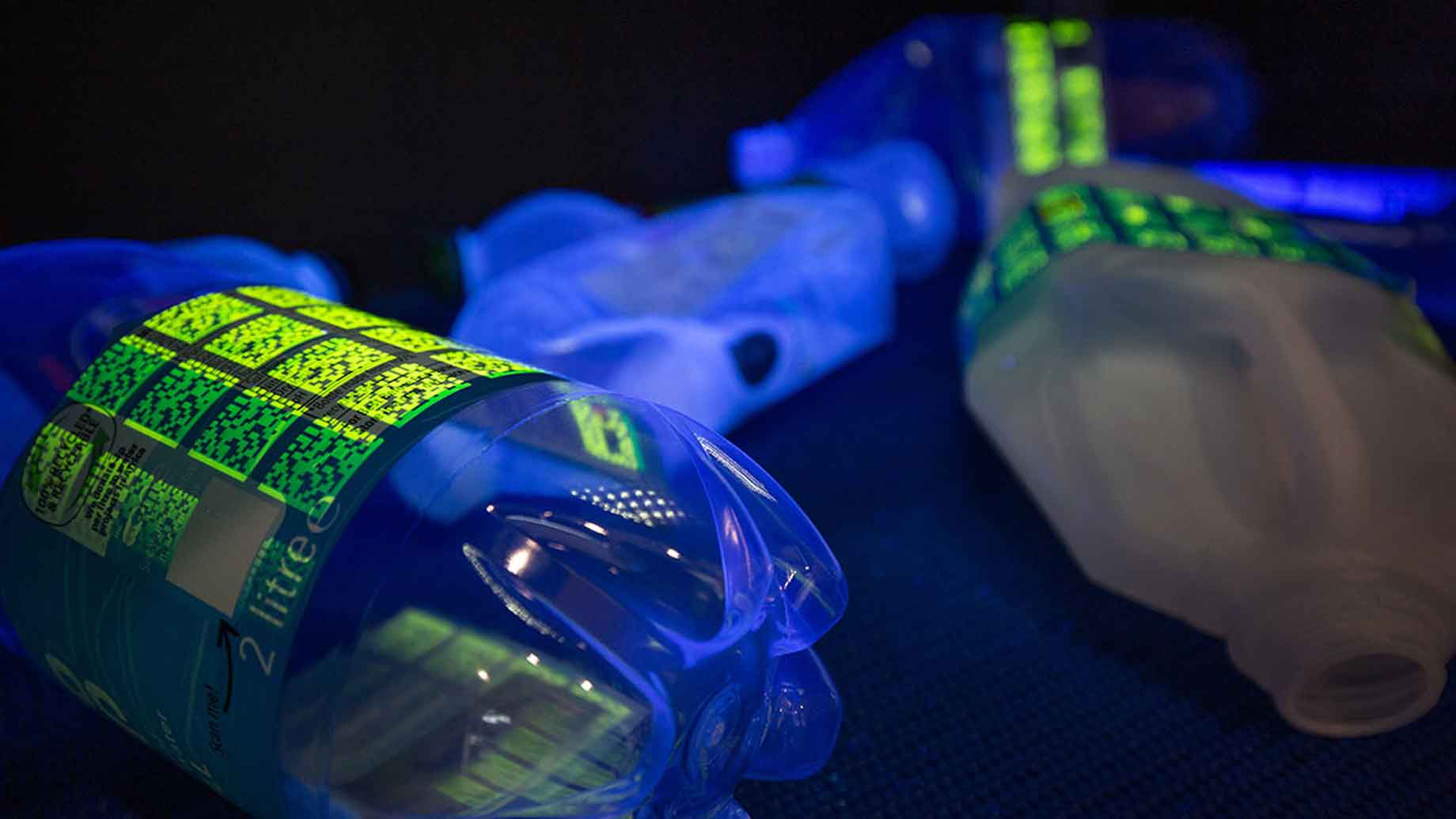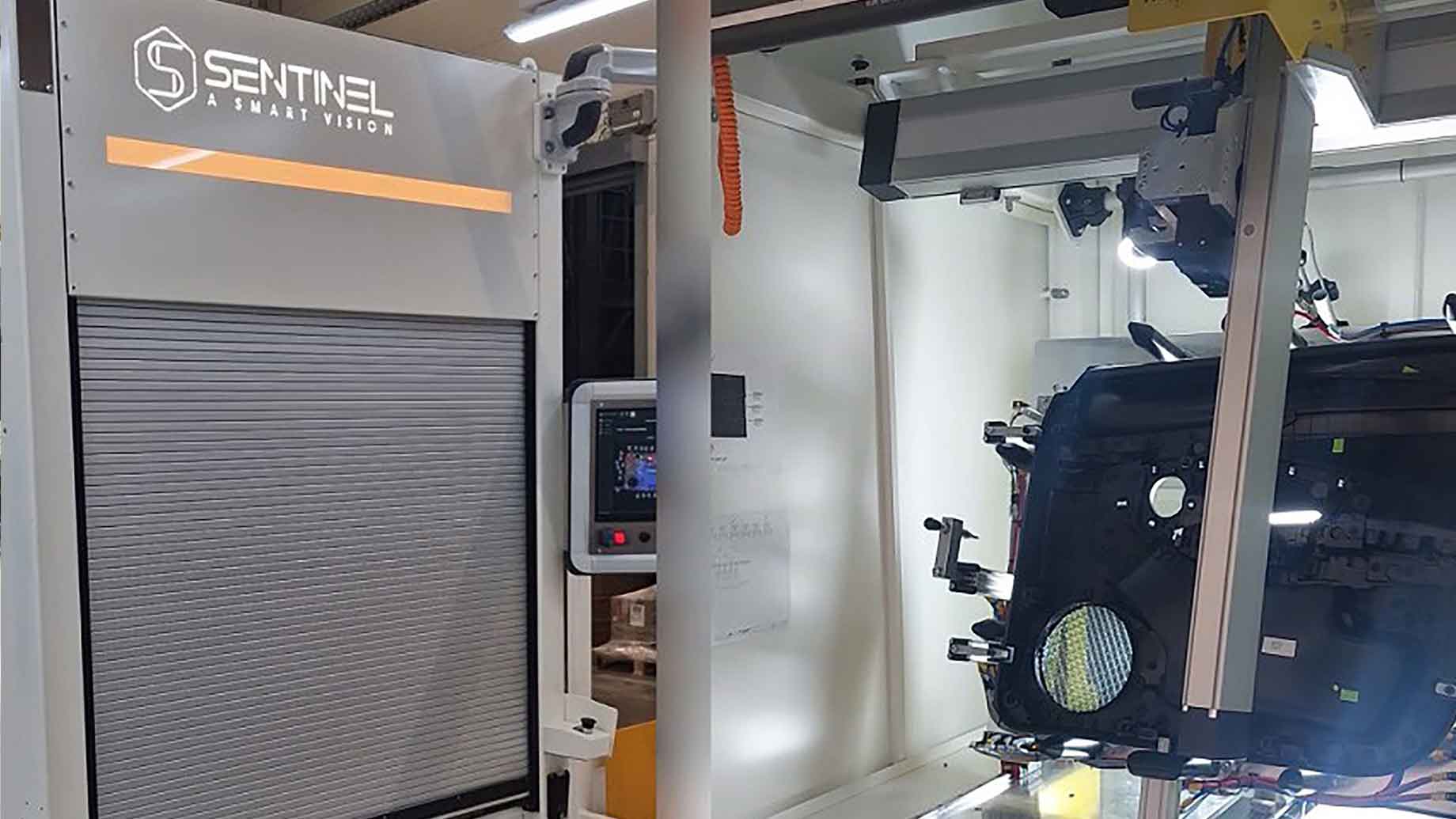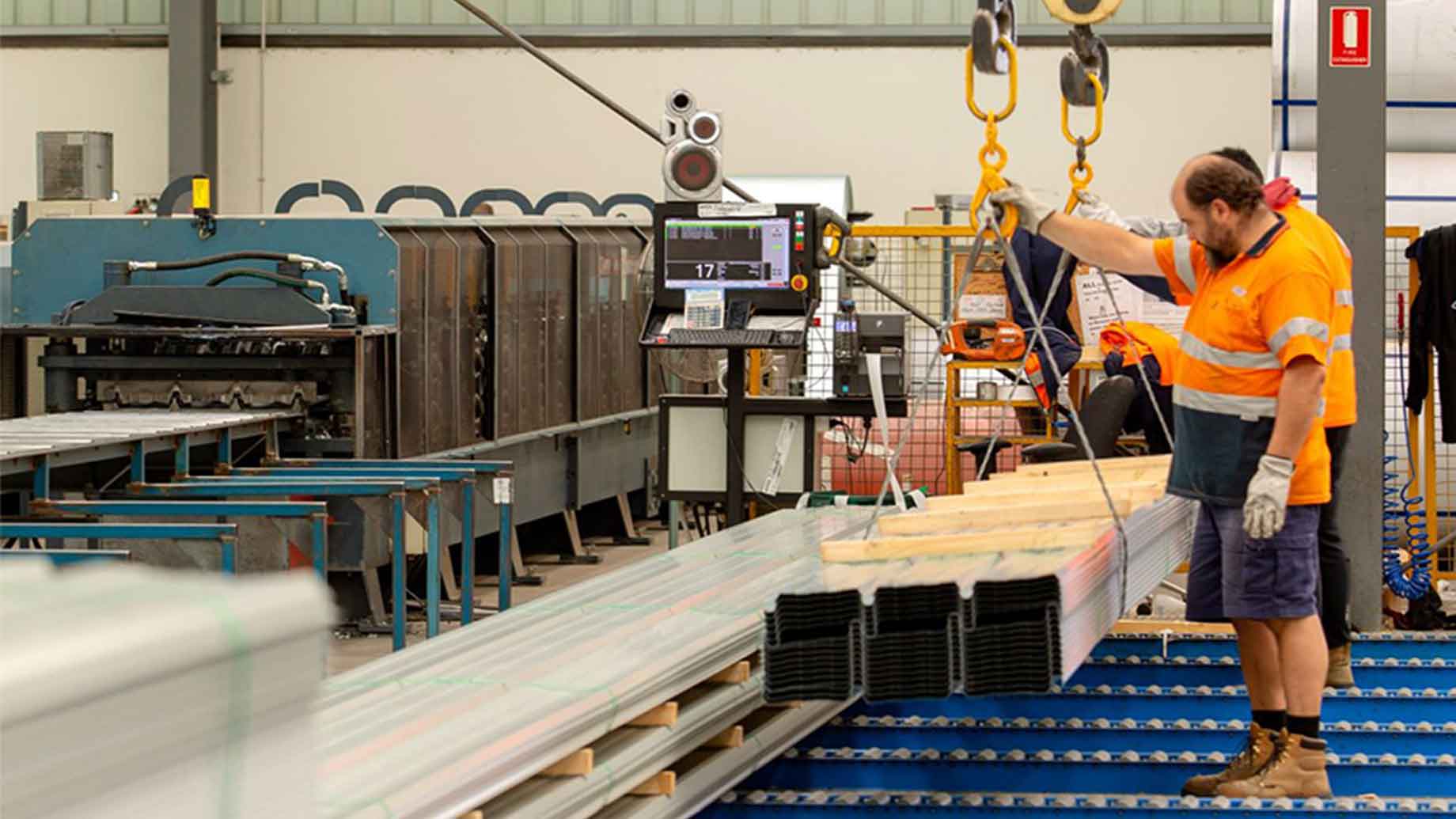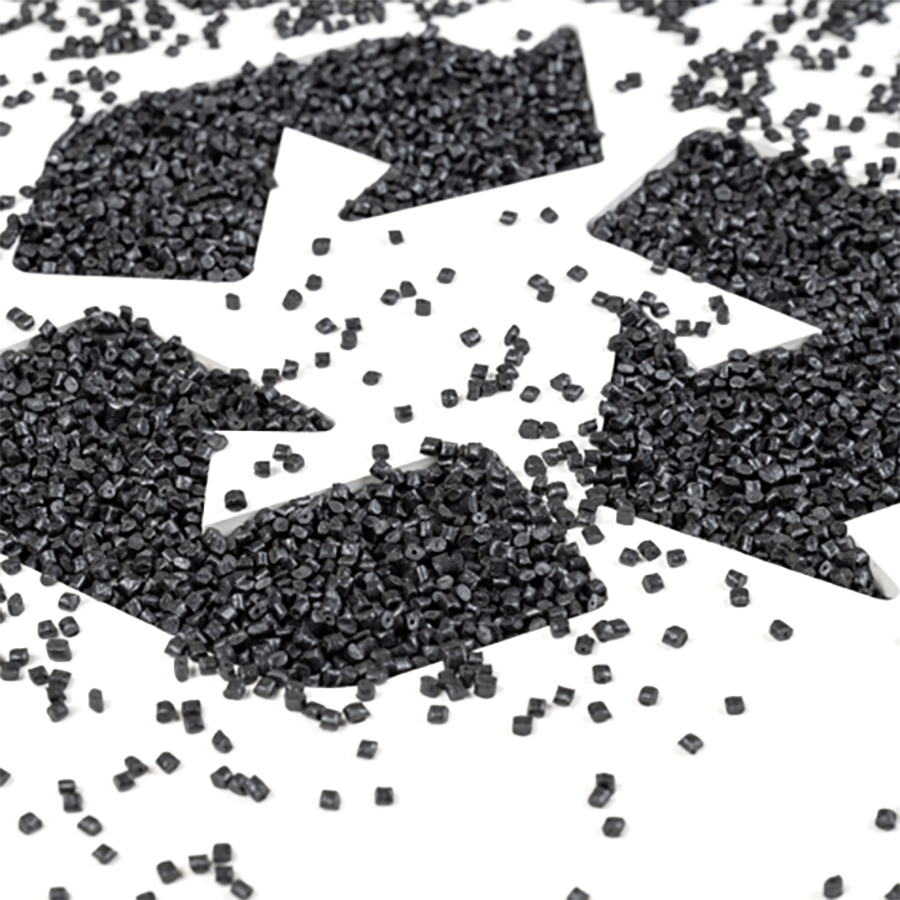
Polytag Unlocks Brand-Level Waste Traceability up to 100% Accuracy with Zebra’s Vision Tools
Polytag, a forward-thinking company based in Wales, is changing the way packaging waste is managed and tracked. Operating at the forefront of sustainability innovation, Polytag empowers brands, public entities, and nonprofits with cutting-edge solutions to address the global challenge of waste traceability.
Zebra Success Story: Polytag
Overview: Manufacturing Challenge
By leveraging advanced technology and data, Polytag provides unprecedented visibility into the lifecycle of packaging—helping organizations understand where materials end up and how they contribute to recycling efforts. To help achieve this goal, Polytag required a solution capable of delivering precise, real-time traceability throughout the entire packaging lifecycle.
Benefits / Outcomes
- Processing speeds of 20 frames per second (fps)
- 100% reading accuracy on the French Citeo’s site
- Significant reduction in cost per unit
- Ability to read codes under any conditions and at high speed
- Greater scalability and reliability compared to hardware-based solutions
About Polytag
Organic, paper or plastic? It's a familiar sorting dilemma that most people have faced at the bin at least once. Extended Producer Responsibility (EPR) regulations are shifting the cost and accountability for packaging waste onto producers, putting more pressure on sustainability teams to demonstrate their environmental impact with real data.
Based in Wales—where recycling rates rank among the best in the world and innovation is leading the charge—Polytag is transforming how brands, public entities, and nonprofits can approach packaging responsibility. Rather than relying on industry averages or theoretical recycling rates, teams can finally see where their packaging ends up, and what gets recycled and what doesn’t, with high precision.
The Challenge
One of the principal challenges Polytag addresses is tracking and capturing data from single‑use plastics. Although it may appear straightforward, the task is highly complex: plastics vary greatly in shape, colour, and size, and they are frequently mixed, jumbled, or compressed within recycling streams. Polytag’s patented “describe, tag, and trace” platform brings unprecedented visibility into what happens to packaging after use. The system uses UV 2D tagging, applying invisible markers to product labels during printing. These markers encode data about a product’s material, brand and origin, and fluoresce under UV light at recycling centres.
"Our solution, now enabled by Zebra’s Aurora Vision Library, shows what we call 'never-seen-before’ data to know the real recycling rates for individual packaging types and brands," says Jonathan Anderson, Chief Technology Officer at Polytag.
During research and development, we installed six units at a plant designed specifically to test and optimise new recycling technologies in a realistic environment. Powered by Aurora’s high-fidelity scans, we achieved an unprecedented 100% detection rate.
The Solution
Polytag’s initial proof of concept for its trailblazing solution relied on a vision system vendor with embedded camera processing. While workable, it introduced single points of failure and lacked the scalability needed for industrial deployment. Any camera issue meant lost data and system downtime.
To overcome these limitations, the company turned to Leicester-based OEM Automatic Ltd. to recommend a scalable, fail-proof alternative. This led its team to Zebra's Aurora Vision Library™, a powerful computer vision toolkit based on C++ and designed for industrial automation tasks. “Thanks to OEM Automatic’s expertise, we were able to fast track the process of selecting specific components and benefitted from their support throughout the implementation,” Anderson says.
Without a dedicated computer vision team, Aurora Vision Library proved transformative for Polytag. Anderson was able to quickly build a custom interface that connected the company’s existing systems to live industrial camera feeds. “One of the key benefits was how well the Zebra library interoperated with our systems," Anderson notes. "There's a significant reduction in the cost per unit as we’re able to buy the most cost-effective cameras, rather than build the hardware directly into each of them. On top of that, it has improved visibility and traceability into waste streams.”
And despite its advanced functionality, the Aurora Vision Library keeps complexity low. That’s a major advantage for Polytag that seeks speed and precision while remaining resource conscious. “Our system reads throughout recycling centres, even on high speed lines without the need to change vision hardware, ” Anderson explains. Even in the damp, dusty, low-light conditions of material recovery facilities, the solution enables accurate waste.
The Zebra Difference: Outcome and Benefits
With real-time dashboards powered by Polytag’s cloud platform, brands can track recycling performance by SKU and location. The granularity enabled by Aurora Vision Library is also key. “It instantly delivers rich data—code details, XY coordinates, orientation, timestamps—all in a single, lightning-fast capture. That’s what makes high-speed, high-accuracy sorting possible,” Anderson says.
New insights reveal valuable patterns and expose underperforming products. For example, milk bottles used at home might be recycled at far higher rates than a soda bought on the go or a shampoo bottle tossed in a hotel bathroom. Understanding where each item lands allows for more effective recycling campaigns and design strategies that reflect real-world consumer behaviour and guide users and their choices with greater awareness.
But the benefits aren’t just operational. As regulations tighten and consumers become more eco-conscious, demonstrating real-world impact is key to earning trust. “By giving proof on paper of how efficient packaging is, our solution supports smarter, fairer environmental taxation models,” Anderson notes. “But it also helps brands take meaningful steps toward circularity while showing the world they care.”
For governments and sustainability bodies, Polytag’s platform offers hard evidence that was long missing from the recycling ecosystem: traceable, verifiable data. Regulators can assign responsibility more accurately, enabling fairer taxation models, enforcing environmental policies and ultimately driving more recyclable design.
The results speak volumes. In France, Polytag worked closely with Citeo, a non-profit French organisation responsible for managing EPR for household packaging. “During research and development, we installed six units at a plant designed specifically to test and optimise new recycling technologies in a realistic environment,” says Anderson. In a series of controlled trials, the team seeded the conveyor line with tagged packaging materials to evaluate system accuracy. “Powered by Aurora Vision Library’s high-fidelity scans, we achieved an unprecedented 100% detection rate.”
But Polytag's mission goes beyond traceability. It's redefining how the world sees waste, turning assumptions into accountability. "We want to drive a systematic shift," Anderson reveals. The key idea is to move from assumptions to actual data that shows which products are really being recycled and which aren't. “That way, brands can make more conscious decisions based on what happens to their packaging in the real world, not just what it's made from. Zebra’s technology has been instrumental in making that vision operational.”
This marks a shift from an age of recycling bin guesswork to a smarter, more transparent system where producers, consumers and policymakers all play a role, empowered by the quiet force of machine-driven insight.





